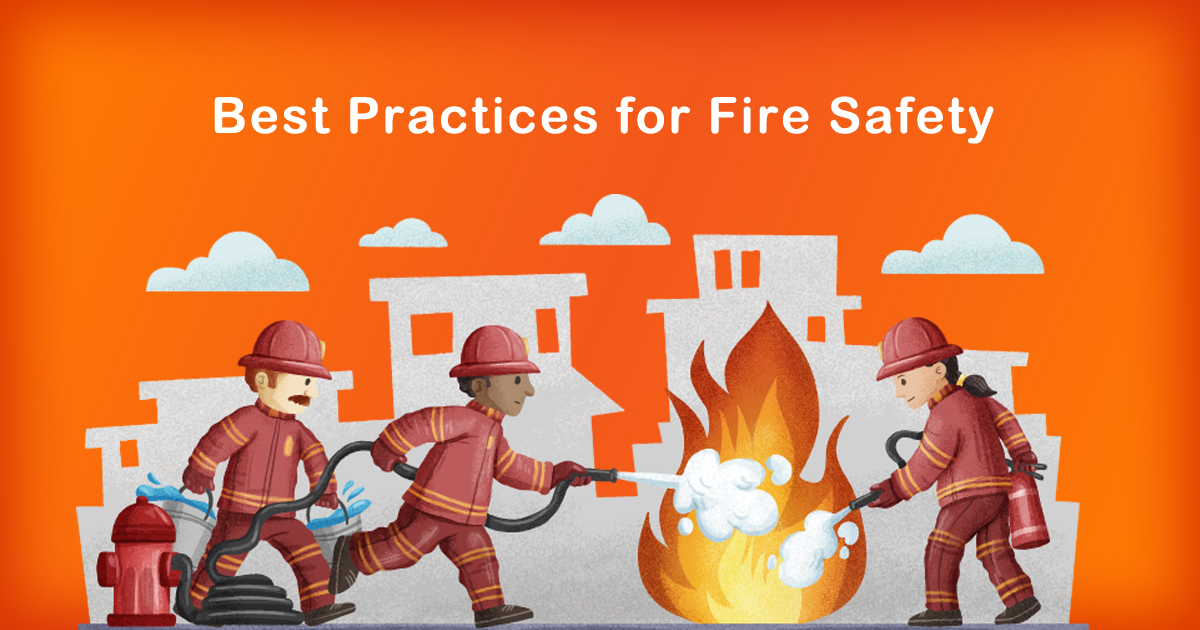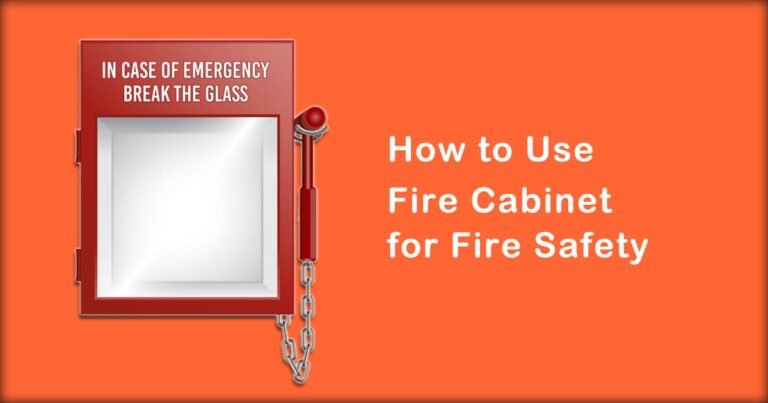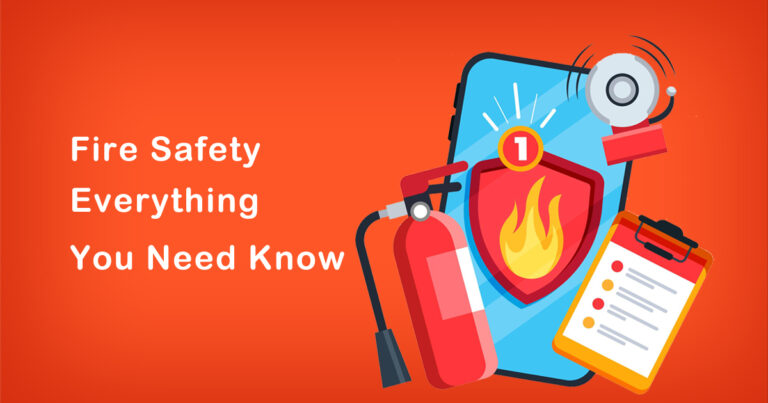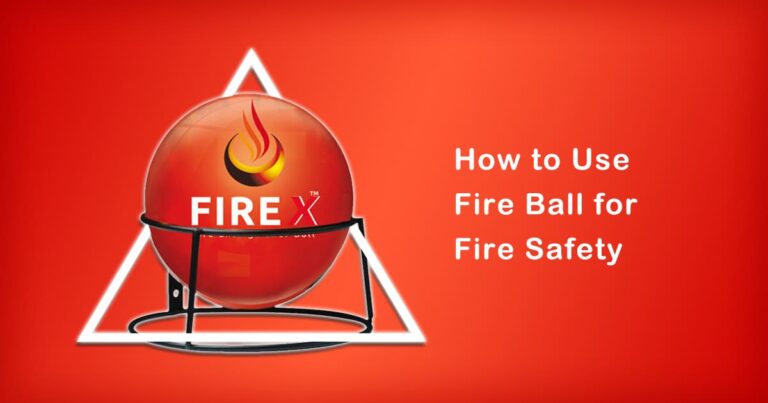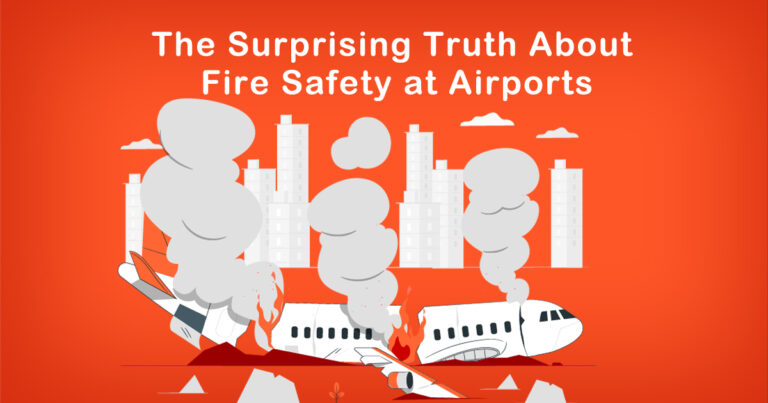Fire safety is a critical aspect of building and infrastructure management in India. With the increasing number of fire incidents in recent years, it is imperative that building owners, managers, and occupants are aware of the best practices for fire safety. In this article, we will discuss the best practices for fire safety in India, based on research and insights from industry experts.
1. Develop a Fire Safety Plan
The first step in ensuring fire safety is to develop a comprehensive fire safety plan. The plan should include emergency procedures, evacuation plans, and protocols for communication and coordination with emergency services. The plan should also be reviewed and updated regularly to ensure its effectiveness.
According to the National Building Code of India, every building should have a fire safety plan approved by the local fire department. The plan should be displayed prominently in the building, and occupants should be familiar with its contents.
2. Install Fire Detection and Suppression Systems
The installation of fire detection and suppression systems is critical for early detection and suppression of fires. Smoke detectors, heat detectors, and sprinkler systems are common fire detection and suppression systems used in buildings.
According to the National Building Code of India, every building above a certain size and occupancy level should have an automatic fire detection and suppression system installed. The system should be inspected and tested regularly to ensure its effectiveness.
3. Conduct Regular Fire Safety Training
Fire safety training is essential for all building occupants, including employees and visitors. Training should include fire prevention measures, emergency response procedures, and the proper use of fire extinguishers.
According to a study by the National Fire Protection Association (NFPA), buildings with fire safety training programs have a 50% lower rate of fire incidents compared to buildings without such programs.
4. Maintain Fire Extinguishers
Fire extinguishers are an essential component of any fire safety plan. They can be used to extinguish small fires before they escalate. Fire extinguishers should be installed in accessible locations and properly maintained.
According to the Indian Standards for Fire Extinguishers, fire extinguishers should be inspected and tested every six months by a certified technician. The inspection should include a visual inspection, functional testing, and recharging or replacement of extinguishers as necessary.
5. Conduct Fire Safety Audits
Fire safety audits are critical for identifying potential fire hazards and ensuring compliance with fire safety regulations. Fire safety audits should be conducted by a qualified professional and should include a review of fire safety equipment, emergency procedures, and building design.
According to the National Building Code of India, fire safety audits should be conducted annually for buildings above a certain size and occupancy level.
6. Ensure Proper Storage and Handling of Flammable Materials
Flammable materials, such as chemicals and fuels, can increase the risk of fires in buildings. Proper storage and handling of flammable materials are critical for fire safety.
According to the Petroleum and Explosives Safety Organization, flammable materials should be stored in designated areas away from sources of ignition. The storage area should be well-ventilated and equipped with fire extinguishers and other fire suppression systems as necessary.
7. Ensure Building Design Compliance
Building design compliance is critical for fire safety. Buildings should be designed to ensure adequate egress, fire separation, and accessibility for emergency services.
According to the National Building Code of India, buildings should comply with fire safety design standards, including provisions for adequate means of egress, fire separation, and fire suppression systems. Building owners and managers should ensure that their buildings are designed and constructed in compliance with these standards.
Conclusion
In conclusion, fire safety is a critical aspect of building and infrastructure management in India. By implementing the best practices for fire safety, building owners, managers, and occupants can reduce the risk of fire incidents and ensure the safety of occupants and property.


